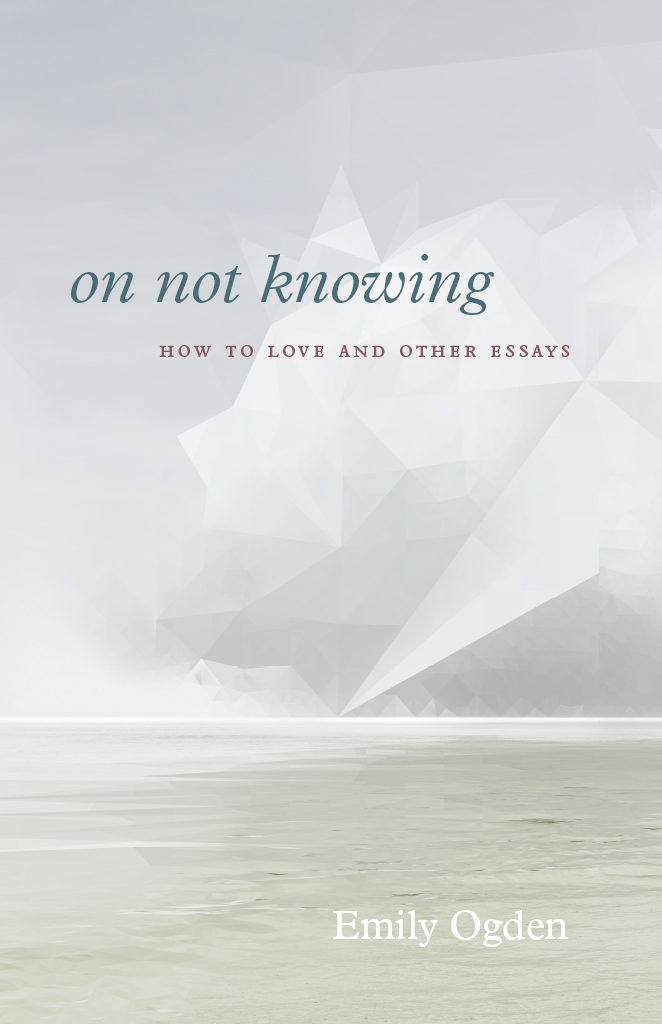
on not knowing
on not knowing
HOW TO LOVE AND OTHER ESSAYS
Emily Ogden
THE UNIVERSITY OF CHICAGO PRESS
The University of Chicago Press, Chicago 60637
2022 by Emily Ogden
All rights reserved. No part of this book may be used or reproduced in any manner whatsoever without written permission, except in the case of brief quotations in critical articles and reviews. For more information, contact the University of Chicago Press, 1427 East 60th Street, Chicago, IL 60637.
Published 2022
Printed in the United States of America
31 30 29 28 27 26 25 24 23 22 1 2 3 4 5
ISBN-13: 978-0-226-75121-4 (cloth)
ISBN-13: 978-0-226-75135-1 (paper)
ISBN-13: 978-0-226-75149-8 (e-book)
DOI: https://doi.org/10.7208/chicago/9780226751498.001.0001
: the epigraphs are from Herman Melville, Moby-Dick; or, The Whale (Evanston, IL: Northwestern University Press, 1988), 134, quoting John Hunter; and Elizabeth Hardwick, Sleepless Nights (New York: New York Review Books, 2001), 5.
Library of Congress Cataloging-in-Publication Data
Names: Ogden, Emily, author.
Title: On not knowing : how to love and other essays / Emily Ogden.
Description: Chicago : The University of Chicago Press, 2022.
Identifiers: LCCN 2021035770 | ISBN 9780226751214 (cloth) | ISBN 9780226751351 (paperback) | ISBN 9780226751498 (ebook)
Subjects: LCGFT: Essays.
Classification: LCC PS3615.G36 O6 2022 | DDC 814/.6dc23
LC record available at https://lccn.loc.gov/2021035770
 This paper meets the requirements of ANSI/NISO Z39.48-1992 (Permanence of Paper).
This paper meets the requirements of ANSI/NISO Z39.48-1992 (Permanence of Paper).
Unfitness to pursue our research in the unfathomable waters.
Herman Melville
Looking for the fossilized, for somethingpersons and places thick and encrusted with final shape; instead there are many, many minnows, wildly swimming, trembling, vigilant to escape the net.
Elizabeth Hardwick
contents
on not knowing
The world burns, yet the fire is not bright enough to read a map by. Nor am I mostly reading. I am still sweeping the dirt out of the corners and intercepting my childrens arms halfway through the act of smashing a glass on the stone ground. I am still trying to use fruit before it rots. The light flickers.
Revelation is no common thing. When it comes, it rarely lasts. It is not necessarily present at the end of the world. How to love, what to do, in the dim times? These are the questions of On Not Knowing.
From the Book of Revelation in the Bible, most people remember the apocalyptic prophecy. But the book begins with ordinary failures. A sword-mouthed being dictates John the Revelators letters to the seven churches of Asia Minor, present-day Turkey. The angel scolds Pergamum for worshipping false idols. He tells Sardis, Wake up.
Before the end of the world, even while the world is ending, the Book of Revelation concerns itself with dailiness, as though there were a close relationship between the lightning strike and the dimness into which it subsides. The world has mundanity, duration, bullshit. Many nonsense tasks must be completed; false spirits must be tried and rejected; long periods pass in which nothing illuminating happens. Write to Sardis and tell them it can never add up. Write to Pergamum and tell them, you still have to hold your children, fetch them tissues, and find boxes for their caterpillars.
Leviathan threatens. Mostly I see minnows.
Looking for the fossilized, for somethingpersons and places thick and encrusted with final shape, writes Elizabeth Hardwick; instead there are many, many minnows, wildly swimming, trembling, vigilant to escape the net. So says Starbuck, the first mate of the Pequod, in Moby-Dick, overmatched by the tyranny of Ahab. Unfitness to pursue our research in the unfathomable waters; unfitness to act too. To see the encrusted form might be best, but to attend to the minnows as they present themselves is better than to feign a monumental vision and live by it. In this book, I try to resist the temptation to turn away from things as I find themblurry, quicksilver, unhandsome.
At the edge of a midsummer river, a handful of minnows hangs in the bright brown light. Their silver noses point toward the branch that shelters them from the current. They hover with the busy motionlessness of bees. Minnows call the hand. Without decision, my arm darts out. The fish sense my intention propagating itself toward them. They have lateral line organs that permit them to feel, as a kind of matrix, the motions of others in the water. They are gone so fast it is as if their leaving caused my fingers to touch the river, and not the other way around.
It is troublesome enough to catch a single minnow in a stream; now imagine a whole school of herring, radiating silver from every point. Massive schools may improve the odds of survival for any individual fish, although it is not clear why. It might be the case that marine predators struggle to focalize upon a single fish among many. It is not that they are bad at focusing, but that they are too good at it. Their targeting capacity is too easily triggered; the impulse to fix every fish in their sights prevents them from sighting a single one completely. They start to fix their eyes on one. Before they have even begun, they get distracted by another one and try to focus on it instead. The process is never complete.
A human being, also a predator, will find it impossible to keep an eye on one starling in a flock of thousands. Conceptual efforts stumble in the face of the worlds vast calamitous tides. Nonetheless, it is human beings who, in the aggregate, have set those tides on foot. No act, no failure to act, no use or squandering of resources that does not mark me as the author of anothers destruction. Orca-like, I cant focus; minnow-like, I respond unthinkingly to the fact of others turning. In the execution of my acts, I entail action on others in my turn. As difficult as it is for me to think one thought among a proliferation of thoughts, I would appear to be, at the same time, effortlessly prolific in my complicity. My school has destroyed a planet.
Unknowing is on every side of the predicament. Unknowing is there in the terminal flight into frozen innocence with which some of us try to protect ourselves from knowledge of our culpability. Unknowing is there, too, in the uncertainty one may feel when confronted with the problem of how to repair the damage. And unknowing will still be there if one finds a way to live that one can live with. For the few fish captured, many more will escape the net.
If there is a kind of unknowing that could serve now, it is not the defensiveness of willful ignorance but the defenselessness of not knowing yet. Can a person go back to the unpruned adjectives of immediate experience? Before one summed up this moment in history, what, exactly, was it? What, lying under the summarywhat, swimming chaotically beneath any pretense of certaintywhat, before the predators eye confounded itselfwhat was it, what does it continue to be? When I talk about unknowing, I am not talking about the refusal to know what can be known, or about the simple accident of not having found something out yet, nor even, although this is warmer, about the fact that we will each absorb only a finite amount of knowledge in the course of our finite lives. Instead, I am talking about a capacity to hold the position of not knowing yetpossibly of not knowing ever. Im talking about living with the dimness that I will mostly inhabit.
Next page
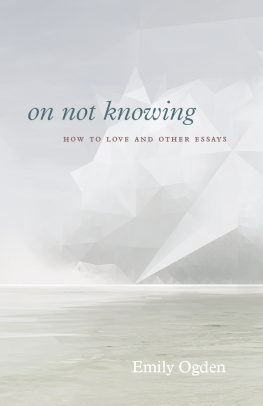
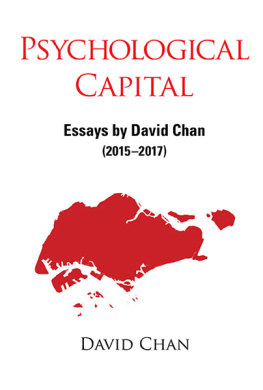
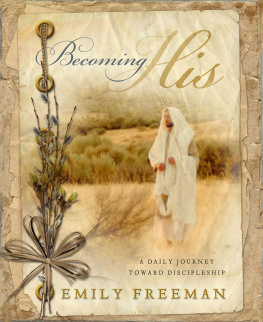
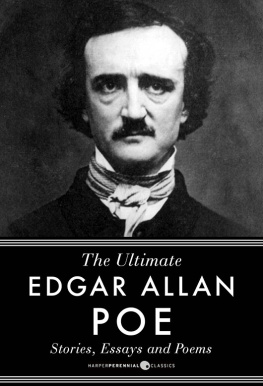
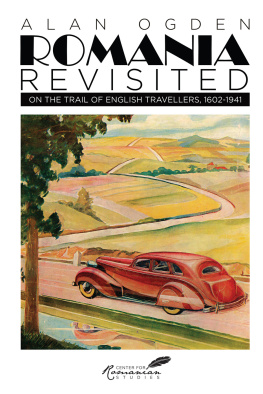
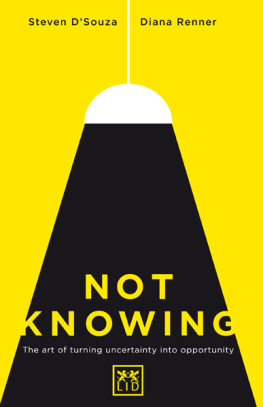
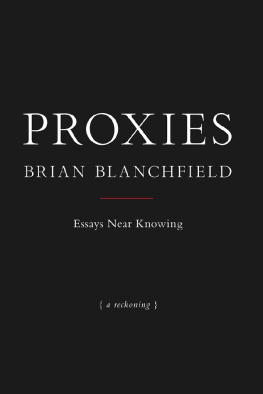

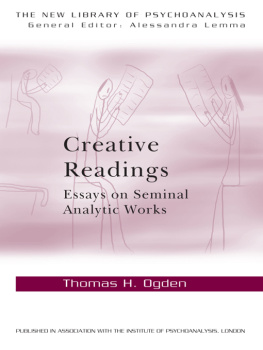
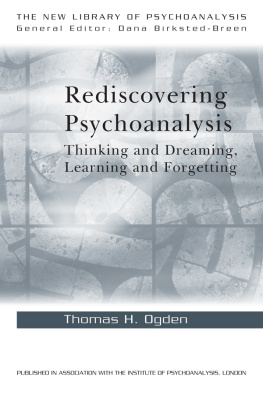

 This paper meets the requirements of ANSI/NISO Z39.48-1992 (Permanence of Paper).
This paper meets the requirements of ANSI/NISO Z39.48-1992 (Permanence of Paper).